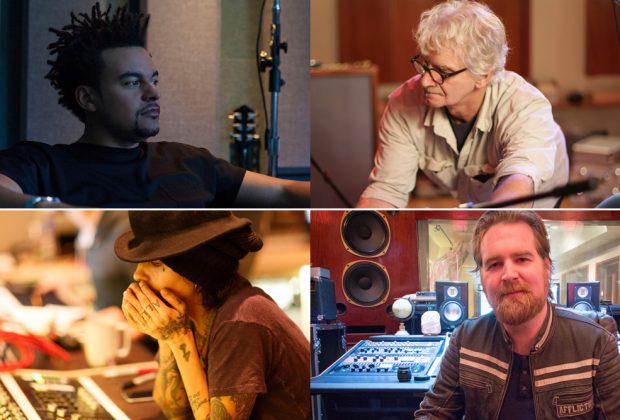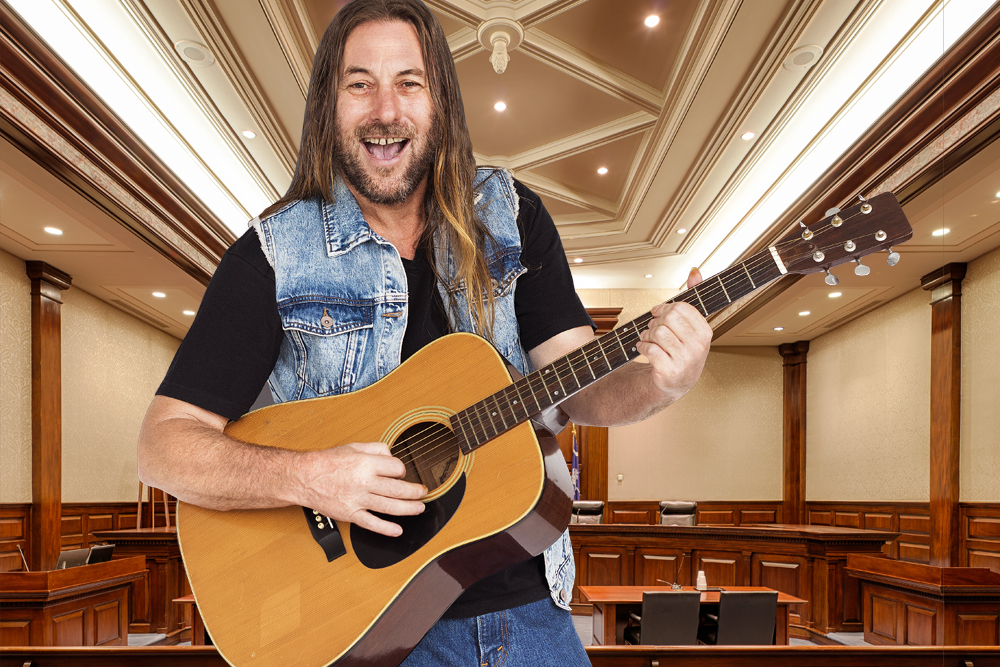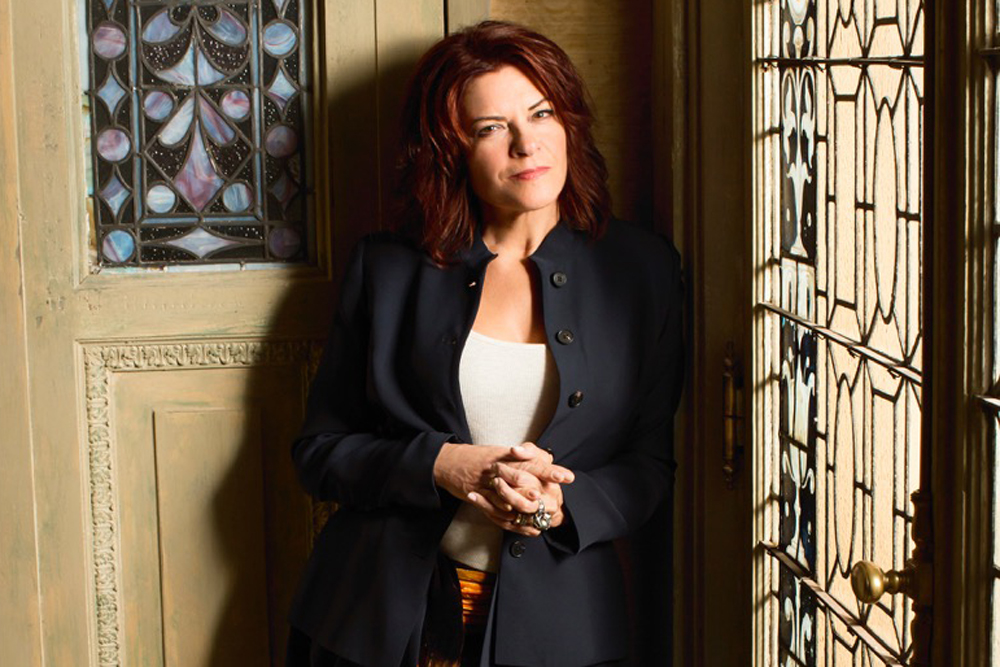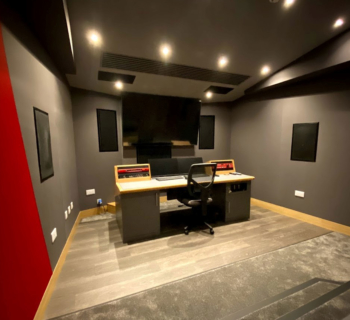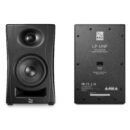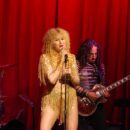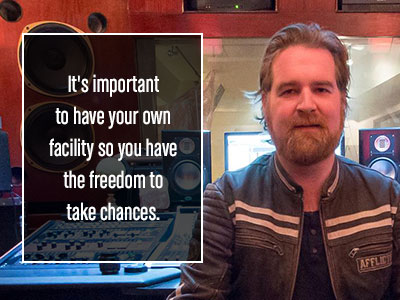
Mike Crossey
Clientele: Arctic Monkeys, the 1975, Twenty One Pilots
Contact: mikecrossey.com
Producer and mix engineer Mike Crossey broke into production as a teenager in Belfast when he and some friends played a gig at a vegan punk café. He soon found that he loved working the desk more than he loved to jam. After a move to Liverpool in 1998, he met Andy McCluskey of Orchestral Manoeuvres in the Dark. Later he discovered Arctic Monkeys, brought the band into Liverpool studio The Motor Museum and recorded the EP Five Minutes with Arctic Monkeys. Ultimately he relocated to London and then in 2015 to Los Angeles, where he maintains his studio, The Ranch.
What are some of the biggest challenges facing producers today?
As a producer, you need to become more of an entrepreneur. You can’t rely on being hired by a label. You have to find your own projects, keep moving and uncover other ways to create. Even recently I took on [English band] the 1975 before the labels were involved. I did a deal with their manager and we recorded their first album unsigned. You have to work hard, take risks and it’s important to have your own facility so you have the freedom to take chances.
What’s an ideal client for you?
I like musicians who are bold and fearless in the studio and aren’t afraid to do something different; to experiment. Modern bands are genre-bending. The playlist generation listens to so much music that the ultimate modern band can’t fit in one place.
When does a producer become a co-writer?
If I’m going to co-write, I like it to be discussed beforehand. The lines have become blurred. We have this huge palate available to us that we never had before. The studio used to be a place solely to record. It’s evolved into so much more. It’s become difficult to ascertain at what point the producer’s input is co-writing. [But] I do enjoy the process and have done more of it.
What’s your strategy for putting an artist at ease?
That’s part of the reason I have my own facility. I prefer a homey vibe to the recording space. I like it to feel more like going around to a friend’s house to make music rather than there being lots of pressure on this big event. It’s important to have a relaxed vibe about you and to be calm under pressure. The energy of the room comes from the personalities in it.
What have been your favorite technical developments over the past few years?
Software instruments. I love having sounds at my fingertips.
How do you establish a strong relationship with a mastering engineer?
It’s about finding one who understands your taste. I have two that I use all the time—Robin Schmidt at 24-96 Mastering in Germany and Chris Gehringer at Sterling Sound. We’ve worked together enough that they know how hot I like things. It takes a bit of back and forth to get to know each other. It’s like dating.
What are the best ways for artists to save money in the studio?
Preparation. Know your parts, know your song, know the key you’re playing in so that you can improvise. Pre-production can also save a lot of time. And look after your instrument. I have a tech in on the first day to check them all because there’s nothing that can slow you down more than having a poorly setup guitar or a drum kit that keeps detuning itself. All these things cost time.
How important is pre-production?
It’s artist-dependant. If it’s a rock band and you intend to cut a lot of things live, then it’s very important. If it’s a more electronic-based artist where a lot of things come from experimentation and programming, then less so.
What’s the key to identifying talent?
Authenticity. Even if they’re sugary pop or death metal, as long as they’re the thing they profess to be, that will always win. When an artist is authentic, there’s a magic to what they do. A lot of star quality stems from authenticity.
What does the future hold for major labels?
Anyone can do a record these days. The only real expense is marketing. Currently, that’s the main thing that a major label offers: a marketing infrastructure. It’s difficult to say how that’ll evolve. It could be that they become more of a marketing machine that smaller labels tap into.
Who are some of your dream clients?
U2. That’s a big band for me because I grew up in Ireland. And Queens of the Stone Age. They represent rock & roll.

